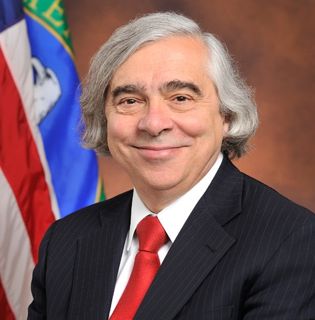Opposed project gets federal green light begins by revealing that The Leader received an "email blast" and press release from a prominent public relations firm.
The public relations firm WestRogers sent out an e-mail blast on March 25 with a press release touting a federal decision that appears to clear the way for a $2.5 billion transmission line that would bring wind power from Oklahoma, through Arkansas and southwestern Tipton County, and into Shelby County.
This Grass Looks Real
In grassroots organizing you drum up broad-based support for your issue. A grasstops effort is more narrow, focusing on business, community or government leaders. But what if you could create the appearance of citizen interest and get decision-makers to take notice? It's called astroturf organizing, where you fake grassroots support. Tactics include phone banks, "citizen" front groups, press release blitzes or rent-a-demonstrators. Politicians are catching on to this latest turf war, so practitioners are looking for more subtle ways to simulate citizen concern.
In the release, there is ubiquitous use of buzz words like "jobs," "clean," "low-cost" and "renewable," classic public relations language.
Despite the flowery language in the release, there is plenty of opposition to the project.
The Covington Leader reported the truth.
Reporting the truth is in short supply these days. When newspapers were better funded through advertising, they had more reporters. The reporters would investigate the press releases they received from companies like West Rogers, hear both sides of the story, and separate fact from fiction. They would then report the facts. However, in this day and age of shrinking newspaper advertising revenue, newspapers have fewer reporters, and they pay them less. Today's reporter, especially at a small-town paper, does the work of 10 reporters of the past. The modern reporter no longer has the luxury of time to investigate press releases. The reporter may only have minutes to turn a press release into a story. As a result, many press releases are simply re-written as "news" and the investigation process doesn't happen.
This is why I'm a huge advocate of opposition groups writing and issuing their own, competing press releases. While good press releases are a bit of an art, it's nothing a transmission opposition group can't learn with lots of practice. A concise, well-written press release works, where bombarding a reporter with helpful links and things to read doesn't. A reporter simply doesn't have time these days to read, analyze, and investigate the reams of technical and other material that are generated by a specific issue. A short press release is often their only view of the other side of the issue.
Newspapers like The Covington Leader are very rare these days. Learning today's public relations game is a transmission opponent's responsibility, if they want to help generate fair press. Otherwise, only one side of the story gets told.


 RSS Feed
RSS Feed